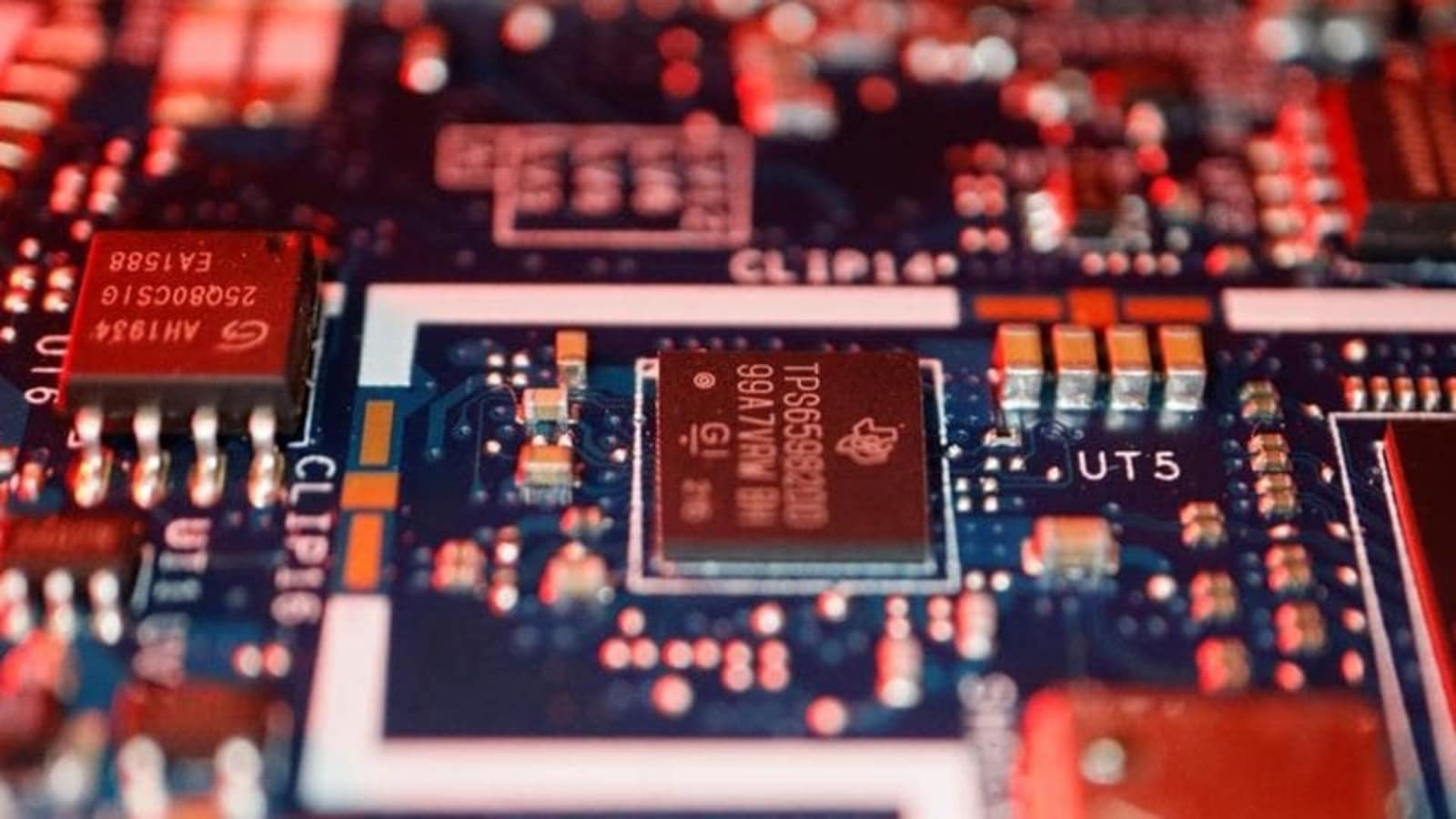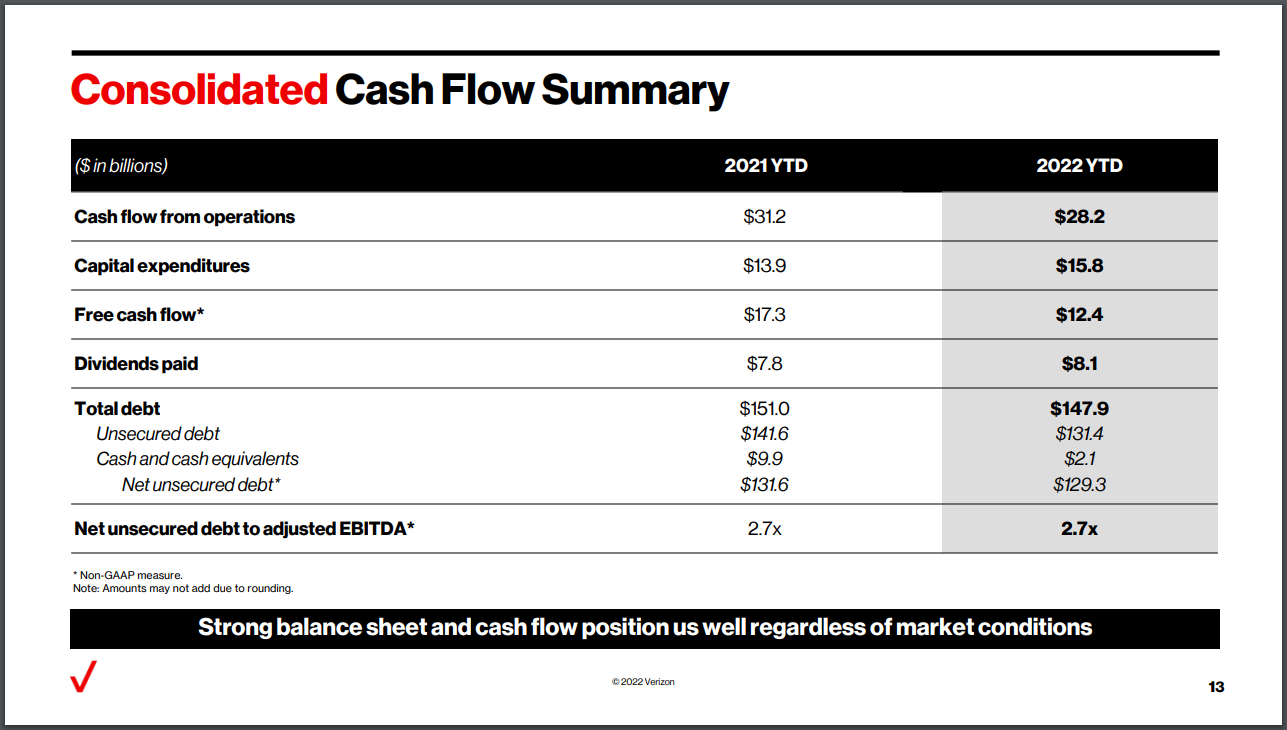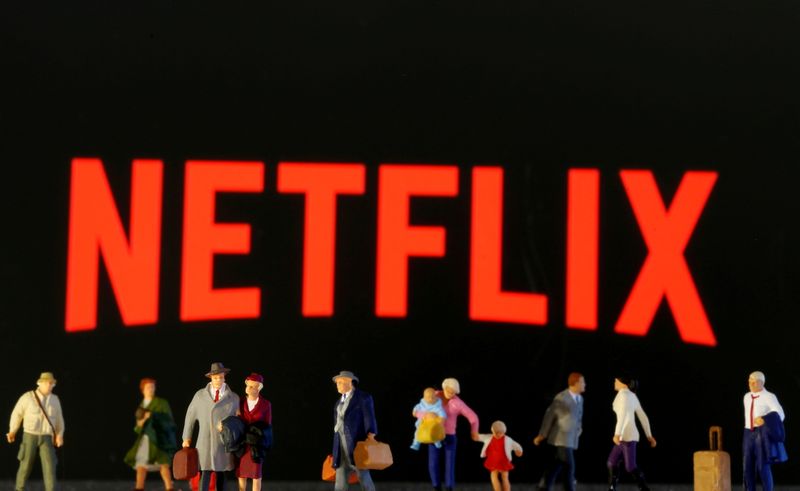In the video, the bleeding girl, her hands outstretched, pleads for help. But the men who stand around are far too busy filming the “scene”, until Manoj Pandey, the policeman in charge of the Kannauj outpost, arrives, scoops up the girl and rushes her to the hospital in an auto-rickshaw. In the outrage that follows this monstrous display of apathy and voyeurism, several reasons are offered on TV debates: Patriarchy, the desire for social media “fame” and rising crimes against women.
I can’t help but wonder at the depths we have plumbed in the decade since the brutality of the December 16, 2012 gang-rape led an outraged nation to demand justice, compelling the then Congress-led government to tighten rape laws. Since 2012, violent crimes against women have only gone up, a reflection perhaps of both rising crime and greater willingness to report it.
But the past 10 years have also seen the spread of social media. We are now a society that clicks on likes and followers. Mainstream media sensationalism too shares the blame for anaesthetising the audience by feeding it a daily staple of gory crime designed to boost ratings. Over the years, our politics, too, has grown more divisive and hate-fuelled. We are at a stage where some citizens — Dalits, Muslims, tribals, women — are deemed by some as less than equal. This “othering” effectively renders them beyond empathy. When Muslim men are tied to a pole and caned in Gujarat’s Kheda district, the crowd cheers. In Karnataka, a minister slaps a woman in public; she later clarifies that it’s a misunderstanding, and the minister is let off.
Every episode numbs us further to the orgy of violence around us.
It’s the same politics that leads governments to release rapists and murderers. The remission of 11 men convicted of heinous crimes against Bilkis Bano and her family is under judicial scrutiny. But this much we know — their release was sanctioned by both the Gujarat government and the Union home ministry.
Another rapist and murderer, the leader of the Dera Sacha Sauda, Ram Rahim, is enjoying his sixth parole or furlough in the five years since he was sentenced to 20 years of hard labour. This time around, he’s released a new Punjabi song (featuring himself, of course) and held online satsangs attended by scores of people, including some local Bharatiya Janata Party leaders.
When the release of rapists has the blessings of the government, the message is clear: Women’s safety is a hollow slogan. Rape is a terrible crime, except when the rapists have political clout and elections are around the corner.
How do you, then, blame bystanders for not being sick to their stomachs at the sight of a child begging for help? Not one man among the many thought it fit to offer her the bare minimum solace. It’s a sign of how morally depraved we have become as a society. It’s a scene that should haunt every Indian and warn us that worse is yet to come.
Namita Bhandare writes on gender
The views expressed are personal
Enjoy unlimited digital access with HT Premium
Subscribe Now to continue reading

















